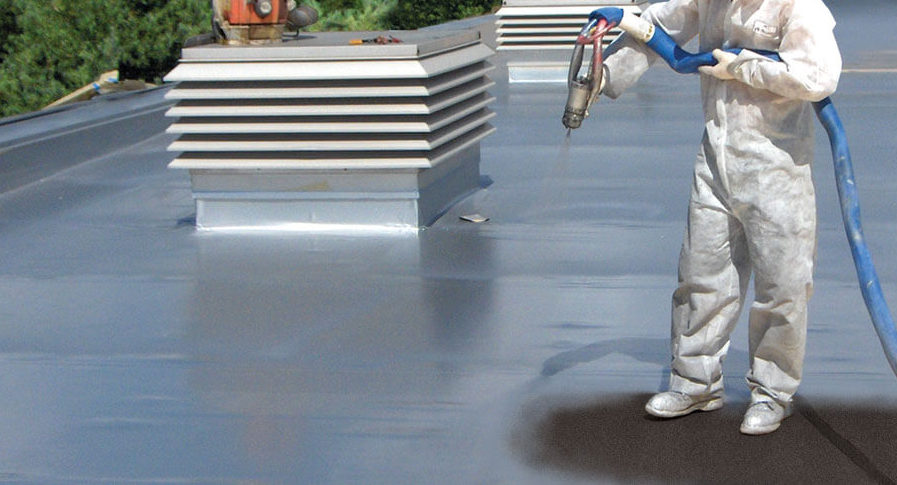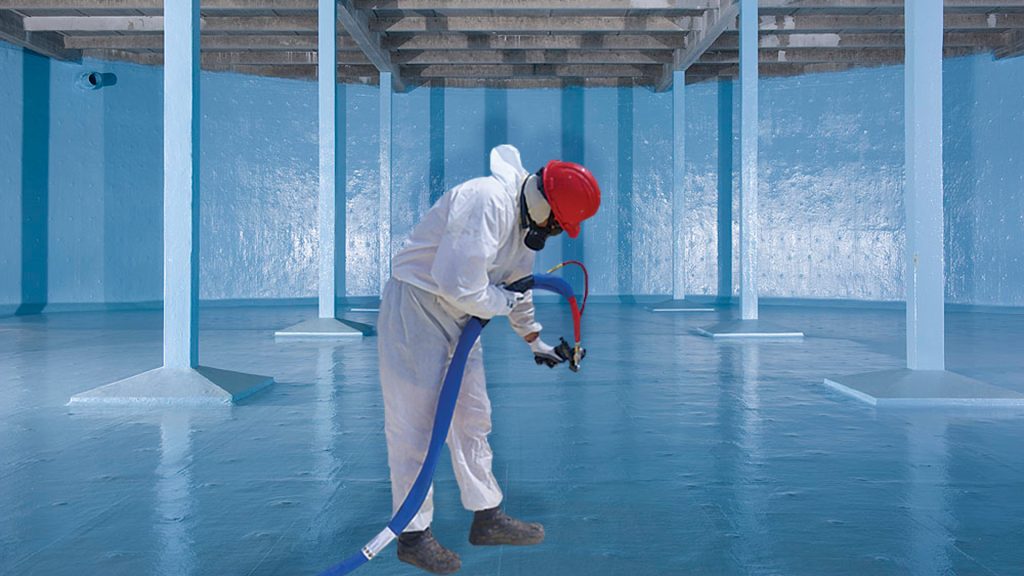In todays world industries are always. As a result the importance of efficient and safe processes is growing. One crucial area is the use of coatings, which act as a shield, against corrosion wear and tear and environmental dangers. Specialized training is key for professionals in this field to ensure these protective coatings work effectively.
Training for coatings provides individuals with the knowledge, skills and techniques to apply coatings properly enhancing their durability and functionality. This training spans across industries such as construction, infrastructure, oil and gas, marine and manufacturing. Regardless of the sector the significance of coatings cannot be emphasized enough due to their role in preventing corrosion prolonging equipment lifespan and maintaining safety.
So what does protective coating training involve? Lets explore the aspects addressed in these training programs;
Surface preparation; Adequate surface preparation is crucial, for applying protective coatings. This includes removing impurities, corrosion, old coatings while ensuring the surface is clean, dry and defect free.
Coating training offers an understanding of methods, for preparing surfaces, such as abrasive blasting, power tool cleaning and chemical cleaning. It also covers the selection of the equipment for surface preparation.
When it comes to applying coatings professionals learn techniques to ensure coatings are applied efficiently and evenly. This involves using tools like brushes, rollers and spray equipment while considering factors such as coating thickness, temperature, humidity and the type of surface. Mastering these techniques is crucial for achieving a top notch finish and enhancing the longevity of coatings.
Protective coatings come in formulations designed for applications and environments. Training programs delve into types of coatings like epoxy, polyurethane and zinc rich coatings to help professionals understand their purposes. By grasping coating specifications and following application procedures experts can choose the appropriate coatings for specific projects.
Prioritizing safety is paramount in protective coating work. Training underscores the significance of equipment (PPE) and safe work practices to ensure individuals are well versed in potential risks, like chemical exposure, inhalation hazards and physical dangers.
By understanding the risks and taking measures professionals can safeguard themselves and their coworkers when dealing with these coatings. Quality control and inspection play a role, in protective coating training by emphasizing the importance of quality checks and inspection procedures. Participants are taught how to conduct assessments measure coating thickness identify surface flaws and address any issues that arise. By applying inspection methods professionals can. Resolve possible coating failures ensuring that the intended protective properties are achieved.
Companies can improve their workforces capabilities by investing in protective coating training. Skilled professionals are better equipped to apply coatings reducing waste and costly errors. Additionally their expertise ensures that protective coatings offer enduring protection to assets leading to reductions in maintenance expenses and downtime.
In summary protective coating training is essential for professionals working in industries dependent on corrosion prevention. Through training programs individuals acquire the knowledge and skills to apply coatings accurately ensuring both effectiveness and safety. Ultimately viewing the application of coatings as an investment than a cost proves beneficial, in prolonging the lifespan of structures, equipment and assets amid challenging conditions while enhancing operational efficiency overall.





